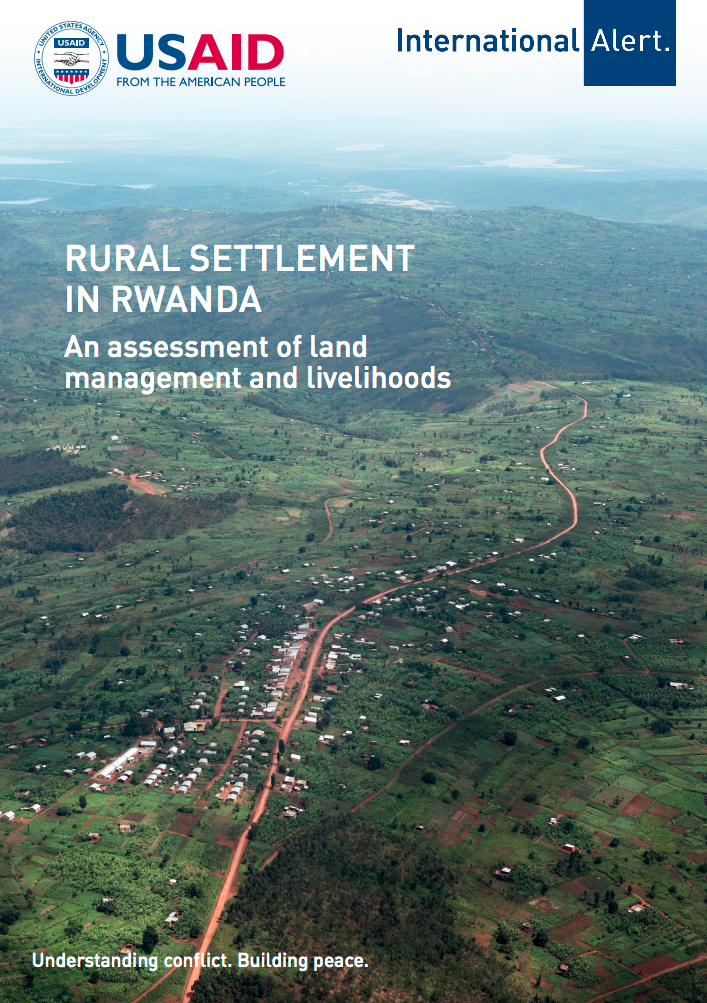Location
USAID's Development Experience Clearinghouse (DEC), the largest online resource for USAID-funded technical and project materials, makes nearly 200,000 items available for review or download, and continuously grows with more than 1000 items added each month.
The DEC holds USAID's institutional memory, spanning over 50 years; including documents, images, video and audio materials. The DEC collects research reports, evaluations and assessments, contract information, tutorials, policy and planning documents, activity information sheets, and training materials.
WHAT THE DEC CAN DO FOR YOU
SEARCH
Members of the USAID community can use keywords, phrases, or more advanced searchtechniques to find resources or browse special collections in the DEC. Users can download their search results, review detailed bibliographic information or perform more complex sorting and filtering to find just the right results. The DEC holds monthly webinars highlighting search techniques.
SUBMIT
Documents and development assistance project materials produced or funded by USAID must be submitted for inclusion in the DEC, per guidance from the ADS 540. The DEC holds all relevant USAID-funded project and program materials. Most items become available as soon as they are submitted. To learn best practices for submitting materials, join one of the DEC's monthly webinars.
SHARE
To help others find the information they need, the DEC Team encourages USAID community members to share experiences with the DEC and its contents by providing comments, ratings, votes and tags for DEC materials. The DEC makes it easy to share these materials via Facebook and Twitter.
Members:
Resources
Displaying 21 - 25 of 100COMMUNITY LAND AND NATURAL RESOURCE TENURE RECOGNITION: REVIEW OF COUNTRY EXPERIENCES
EXECUTIVE SUMMARY: "In recent years, many governments globally have formally recognized community land and natural resource tenure, either based on existing customary practices or more recently established land governance arrangements.1 These tenure arrangements have been called by a variety of names, such as community, customary, communal, collective, indigenous, ancestral, or native land rights recognition. In essence, they seek to establish the rights of a group to obtain joint tenure security over their community’s land.
Governing Oil Palm Landscapes for Sustainability (GOLS)
Mengelola Lanskap Perkebunan Kelapa Sawit Berkelanjutan
Rural Settlement in Rwanda: An assessment of land management and livelihoods.
Residential land in Rwanda is scarce due to hilly terrain, a high population and a focus on agricultural growth to address food security concerns. The situation worsened following the 1994 genocide against the Tutsi, which led to extensive destruction of houses and infrastructure, leading to thousands of Rwandans becoming homeless. To address these concerns, the government embarked upon a resettlement programme to regroup people into planned residential areas, ‘imidugudu’, the aim of which is to provide improved quality of life for the population through the provision of basic needs.




